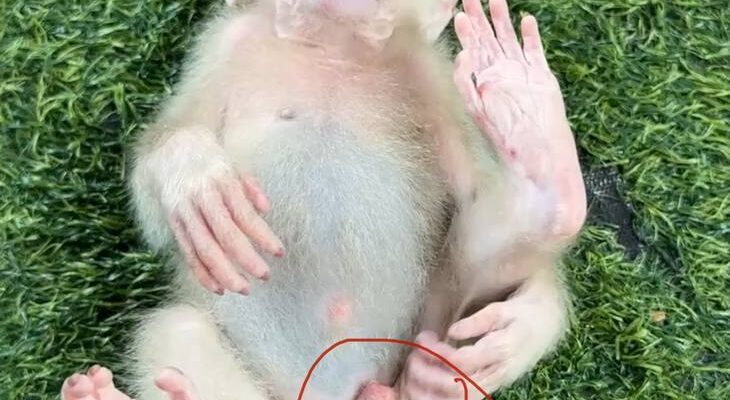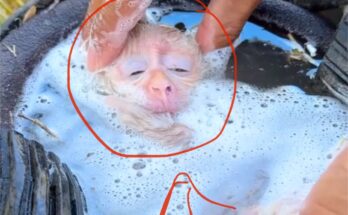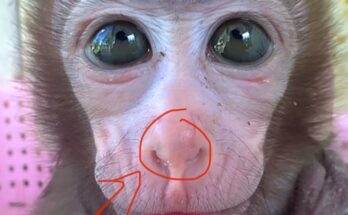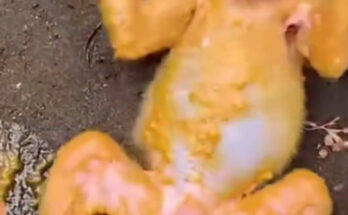Genital itching in monkeys may seem like a minor concern, but it can indicate underlying health or environmental issues. Left unaddressed, it may lead to self-injury, social tension within the troop, and even long-term health complications. Whether you’re managing a sanctuary, working in a research setting, or caring for a pet monkey, understanding how to prevent genital itching is essential for ensuring both physical and psychological well-being in non-human primates.
1. Understand the Causes
Before prevention can begin, it’s important to identify the common causes of genital itching in monkeys:
- Parasites: Fleas, mites, and lice often cause skin irritation, particularly in sensitive areas.
- Infections: Bacterial, fungal, or viral infections can affect the genital region.
- Poor Hygiene: Dirty enclosures or infrequent grooming may lead to skin irritation.
- Allergies: Reactions to bedding, diet, or cleaning chemicals can result in genital itching.
- Behavioral Causes: Boredom, stress, or anxiety may manifest as excessive scratching or grooming.
2. Maintain a Clean Environment
A hygienic living space is key to preventing many skin-related issues. Clean cages, play areas, and sleeping quarters regularly. Use non-toxic disinfectants and rinse thoroughly to prevent chemical residue buildup that could irritate sensitive areas. Replace bedding and substrate frequently, especially in warm or humid climates where bacteria and fungi thrive.
3. Regular Grooming and Health Checks
Monkeys in the wild groom each other regularly, which helps remove parasites and dead skin. In captivity, ensure grooming opportunities through social housing (if appropriate for the species) or by assisting with grooming. Perform weekly visual inspections of the genital area for signs of redness, swelling, lesions, or persistent scratching.
Veterinarians can also perform routine skin scrapings or fecal tests to check for hidden infections or parasites.
4. Provide a Balanced, Allergen-Free Diet
Food sensitivities can sometimes result in skin irritation. Offer a balanced diet tailored to the specific species, avoiding artificial additives and processed foods. If itching persists, consider an elimination diet under veterinary supervision to identify possible allergens.
Hydration is also crucial. Dehydrated skin becomes dry and more prone to itching, so ensure clean water is always available.
5. Enrich the Environment
Boredom and stress are often overlooked contributors to excessive self-grooming or scratching. Provide plenty of environmental enrichment, such as toys, puzzle feeders, and climbing structures. Encourage natural behaviors like foraging and social interaction to reduce psychological stress.
6. Use Preventative Veterinary Care
Regular veterinary checkups can prevent minor issues from becoming serious. Ask your vet about appropriate preventative treatments for parasites and inquire about any species-specific concerns. In some cases, topical anti-itch treatments may be prescribed, but these should never replace addressing the root cause.
Conclusion
Preventing genital itching in monkeys requires a holistic approach that combines hygiene, nutrition, enrichment, and proactive healthcare. Early detection and intervention are key. By creating a supportive and clean environment, caretakers can significantly improve the health and happiness of their primate companions.



